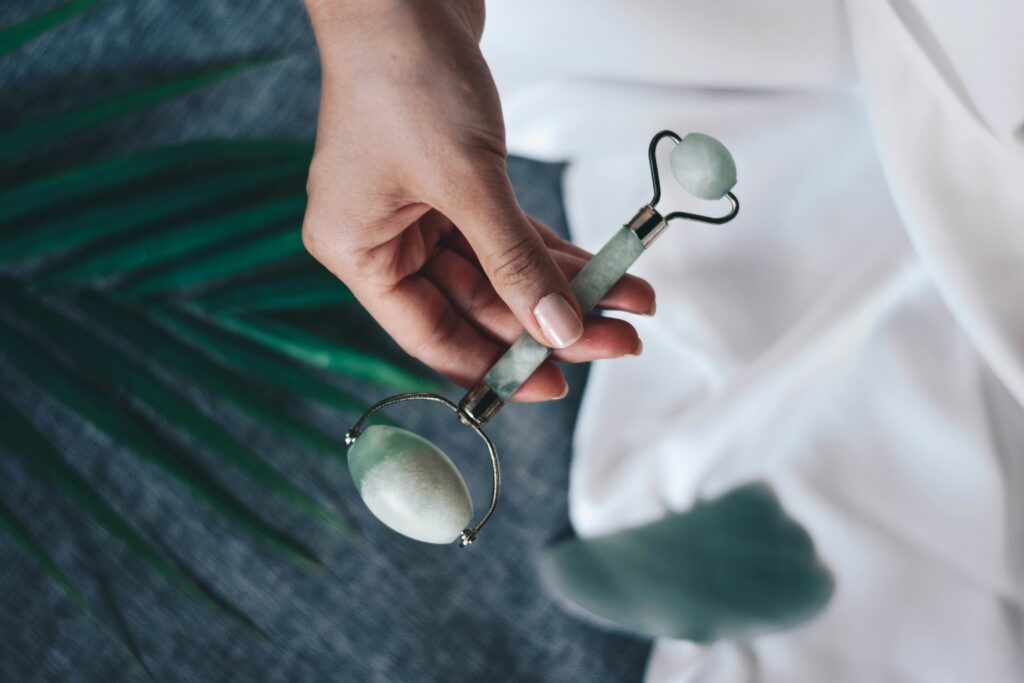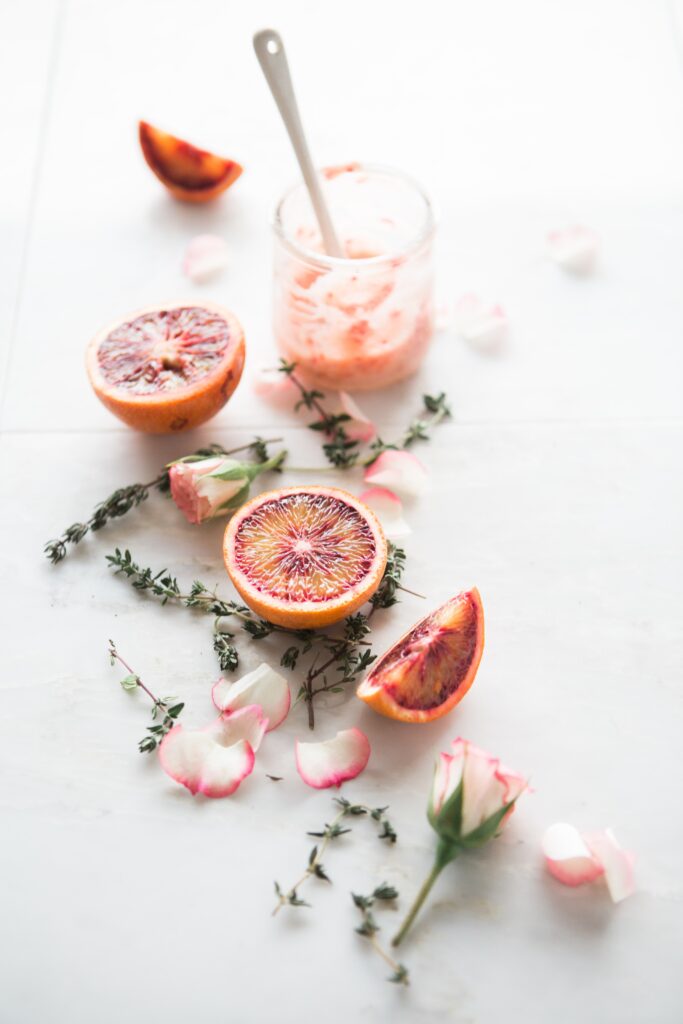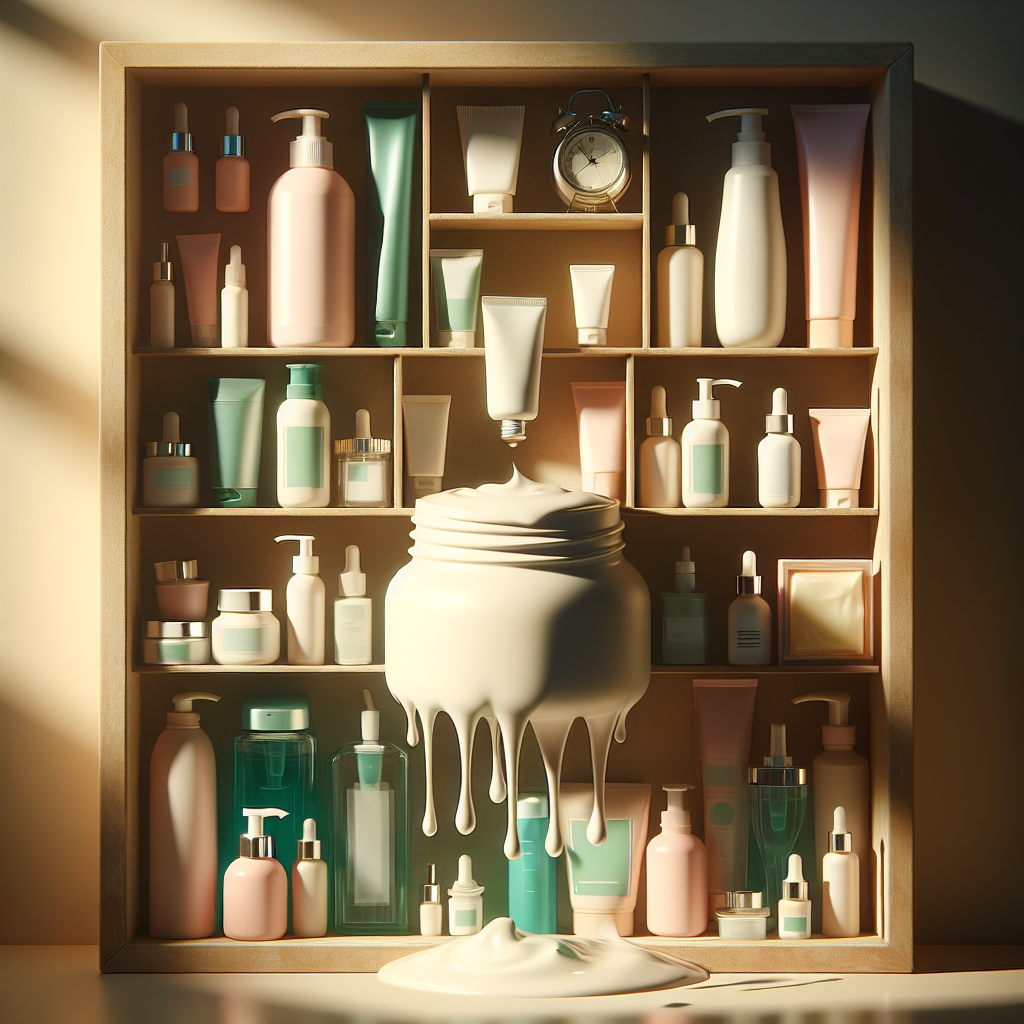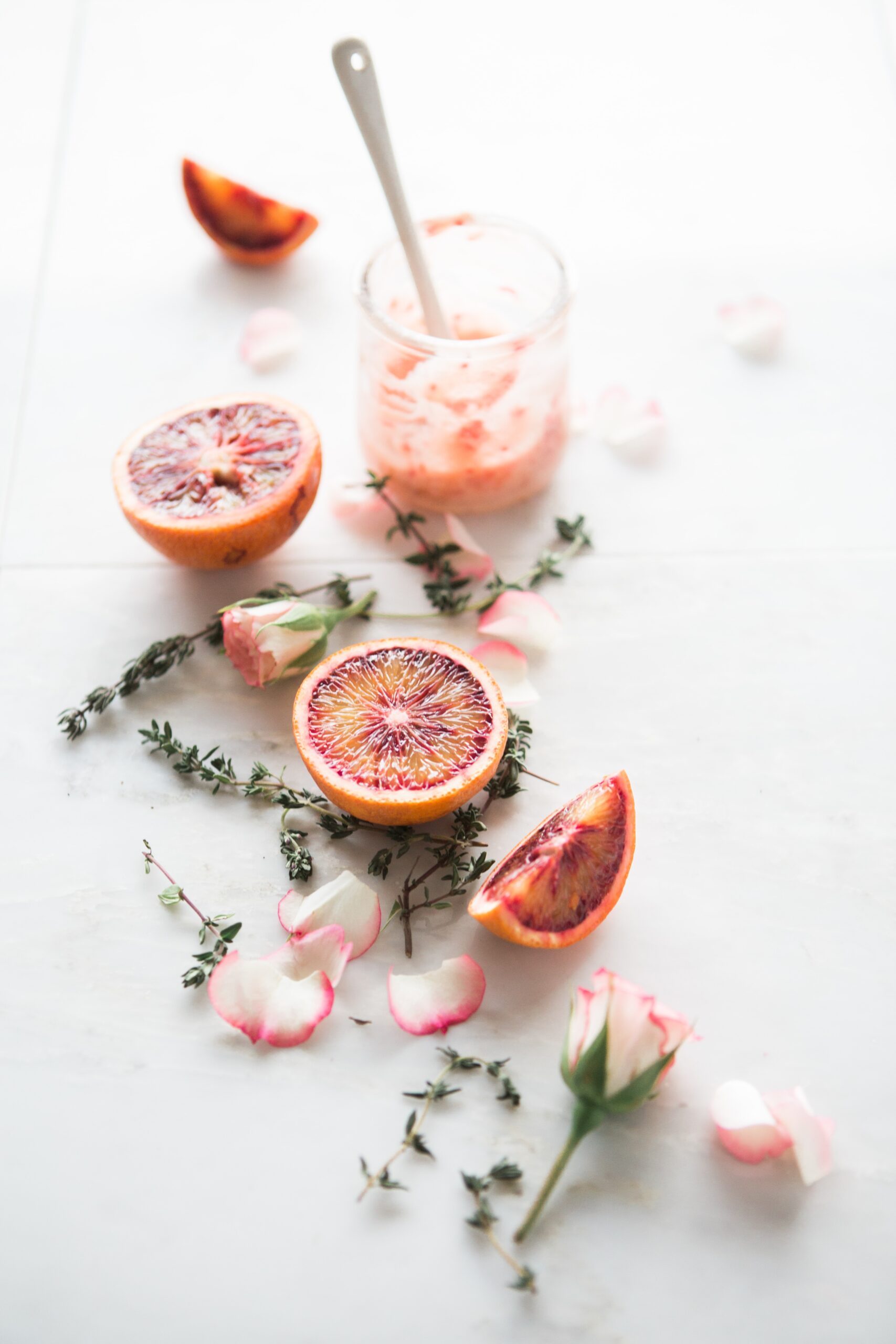Are you tired of dealing with stubborn breakouts and dull-looking skin? Look no further, because we’ve got you covered. In this article, we will be discussing the most common skincare mistakes that people make and offering tips on how to avoid them. From not properly removing makeup to skipping sunscreen, we will shed light on these common errors and provide you with the knowledge you need to achieve healthy, radiant skin. So, buckle up and get ready to revamp your skincare routine for the better!
Not Removing Makeup Properly
Using harsh or abrasive products
When it comes to removing makeup, it’s important to be gentle with your skin. Using harsh or abrasive products can cause irritation and damage to your skin barrier. Instead, opt for gentle cleansers or makeup removers that are specifically formulated for removing makeup without stripping your skin of its natural oils. Look for products that are fragrance-free and dermatologist-recommended for sensitive skin.
Neglecting to cleanse thoroughly
Removing your makeup is just the first step, but it’s equally important to cleanse your skin thoroughly afterwards. Neglecting to cleanse properly can result in leftover makeup residue, dirt, and oil that can clog your pores and lead to breakouts. Take your time to massage the cleanser into your skin, focusing on areas with heavy makeup like your eyes and lips. Rinse thoroughly with lukewarm water, and pat your skin dry with a clean towel.
Skipping the double cleansing step
Double cleansing is a skincare technique that involves using an oil-based cleanser followed by a water-based cleanser. The first step helps to break down and remove makeup, sunscreen, and excess oil, while the second step cleanses the skin more deeply. Skipping the double cleansing step can leave traces of makeup and dirt on your skin, leading to clogged pores and dullness. Incorporate this method into your skincare routine to ensure a thorough cleanse and promote healthier-looking skin.
Over-Exfoliating
Using physical exfoliants too often
Exfoliating is an important step in your skincare routine as it helps to remove dead skin cells and reveal a brighter complexion. However, using physical exfoliants like scrubs or brushes too frequently can cause micro-tears in the skin, leading to irritation and inflammation. It’s best to limit physical exfoliation to 1-2 times a week and choose a gentle exfoliant that suits your skin type.
Neglecting to consider skin sensitivity
Not all skin is the same, and some individuals may have more sensitive skin than others. Neglecting to consider your skin’s sensitivity when choosing exfoliating products can result in redness, itching, or even a burning sensation. If you have sensitive skin, opt for a chemical exfoliant with ingredients like glycolic acid or lactic acid, as they tend to be gentler on the skin compared to physical exfoliants.
Using the wrong exfoliating products
Choosing the right exfoliating products for your skin type is crucial to avoid damaging your skin. Using the wrong exfoliant can lead to over-drying, irritation, or even breakouts. If you have oily or acne-prone skin, look for exfoliants with salicylic acid to unclog pores and reduce inflammation. For dry or sensitive skin, opt for exfoliants with hydrating ingredients like hyaluronic acid or enzymes that gently dissolve dead skin cells.

Not Moisturizing Enough
Skipping moisturizer in the skincare routine
Moisturizing is an essential step in any skincare routine, regardless of your skin type. Skipping moisturizer can leave your skin feeling dry, tight, and prone to premature aging. Moisturizers help to hydrate the skin, lock in moisture, and create a protective barrier against environmental aggressors. Choose a moisturizer that is suitable for your skin type and apply it both in the morning and at night for optimal hydration.
Neglecting to moisturize regularly
Moisturizing once in a while is not enough to keep your skin properly hydrated. Neglecting to moisturize regularly can result in dryness, flakiness, and a dull complexion. Make it a habit to moisturize your skin every day, especially after cleansing or showering when your skin is still damp. This helps to lock in moisture and keep your skin plump and supple throughout the day.
Using moisturizers with harsh or drying ingredients
Not all moisturizers are created equal, and some may contain harsh or drying ingredients that can do more harm than good. Avoid moisturizers with alcohol, artificial fragrances, or ingredients like sulfates, as they can strip your skin of its natural moisture and make it more susceptible to irritation. Look for moisturizers that are labeled as non-comedogenic, hypoallergenic, and suitable for your skin type to ensure optimal hydration without causing any adverse reactions.
Ignoring Sun Protection
Skipping sunscreen
Sunscreen is one of the most crucial steps in any skincare routine, yet many people still skip it. Ignoring sun protection can lead to sunburn, premature aging, and even an increased risk of skin cancer. Make it a non-negotiable part of your skincare routine to apply sunscreen with at least SPF 30 or higher, and ensure it offers broad-spectrum protection against UVA and UVB rays. Apply it generously to all exposed areas and don’t forget often neglected areas like your neck, ears, and hands.
Not applying sunscreen generously
When it comes to sunscreen, a little goes a long way. Not applying sunscreen generously can result in inadequate protection and leave your skin vulnerable to the harmful effects of the sun. To ensure sufficient coverage, use about a nickel-sized amount for your face alone and more for your body. Don’t forget to reapply every two hours or more frequently if you’ve been sweating or swimming.
Neglecting to reapply sunscreen throughout the day
Sunscreen doesn’t last all day, especially if you’re spending extended periods in the sun or sweating. Neglecting to reapply sunscreen throughout the day can leave your skin susceptible to damage from UV rays. Make it a habit to reapply sunscreen every two hours, or immediately after swimming or excessive sweating. Carry a travel-size sunscreen in your bag for easy touch-ups on the go.

Using Products with High Fragrance
Using products with synthetic fragrances
While scented skincare products may be enticing, using products with synthetic fragrances can be harmful to your skin. Synthetic fragrances can cause irritation, redness, and allergies, especially for those with sensitive skin. Opt for fragrance-free or unscented products whenever possible or choose products with natural fragrances derived from essential oils.
Neglecting to check for potential irritants in fragrance
Even natural fragrances derived from essential oils can cause skin reactions in some individuals. Neglecting to check for potential irritants in fragrance can lead to discomfort and skin issues. If you notice any signs of irritation after using a scented product, consider eliminating it from your skincare routine or look for alternative fragrance options that are less likely to cause a reaction.
Failing to consider skin sensitivity to fragrance
Just like with any skincare ingredient, it’s essential to consider your skin’s sensitivity to fragrance. Failing to do so can result in unnecessary irritation or allergies. If you have sensitive skin, it’s best to avoid heavily scented products altogether or opt for products that are specifically formulated for sensitive skin and are labeled as fragrance-free.
Using Too Many Products
Layering too many active ingredients at once
While it’s great to have a comprehensive skincare routine, using too many products and layering too many active ingredients at once can overwhelm your skin. Layering multiple active ingredients can cause irritation, redness, and even counteract the effectiveness of certain ingredients. When introducing new products into your routine, start with one at a time and listen to your skin. If you notice any signs of discomfort or adverse reactions, scale back and simplify your routine.
Not allowing enough time between applying different products
Allowing enough time between applying different skincare products is important to ensure optimal absorption and effectiveness. Not giving your skin enough time to absorb one product before layering another can result in product pilling, which is when the products ball up and do not evenly distribute on the skin. To avoid this, wait for each product to fully absorb before applying the next one, and allow a few minutes in between each step.
Neglecting to listen to your skin and adjust the routine accordingly
Your skin is unique and can change over time. Neglecting to listen to your skin and adjust your skincare routine accordingly can prevent you from achieving your desired results. Pay attention to how your skin reacts to certain products and ingredients. If you notice any negative effects, such as increased dryness, breakouts, or irritation, it may be time to reevaluate your routine and make necessary adjustments.

Ignoring the Importance of a Balanced Diet
Eating a high-sugar and high-processed food diet
Skincare isn’t just about what you put on your skin; it’s also about what you put into your body. Ignoring the importance of a balanced diet and consuming a high-sugar and high-processed food diet can negatively impact your skin’s appearance. Diets rich in sugary and processed foods can contribute to inflammation, acne, and premature aging. Opt for a diet that is rich in fruits, vegetables, whole grains, lean proteins, and healthy fats to nourish your skin from the inside out.
Neglecting to consume enough fruits and vegetables
Fruits and vegetables are packed with vitamins, minerals, and antioxidants that are essential for healthy skin. Neglecting to consume enough fruits and vegetables can result in a deficiency of these essential nutrients, which can affect the overall health and appearance of your skin. Aim to incorporate a variety of colorful fruits and vegetables into your diet to ensure you’re getting a wide range of nutrients that support skin health.
Failing to hydrate the body properly
Proper hydration is key to maintaining healthy skin. Failing to hydrate your body properly can leave your skin dry, dull, and prone to fine lines and wrinkles. Make it a habit to drink an adequate amount of water throughout the day to keep your skin plump and hydrated from within. The recommended daily intake is around 8 cups, but individual needs may vary depending on factors such as activity level and climate.
Not Washing Pillowcases Regularly
Allowing buildup of dirt, oils, and bacteria
Your pillowcase can accumulate dirt, oils, and bacteria over time, especially if you neglect to wash it regularly. Allowing a buildup of these substances can transfer onto your skin while you sleep, clogging pores and leading to breakouts. Make it a habit to wash your pillowcases at least once a week to maintain clean and healthy skin.
Neglecting to change pillowcases at least once a week
Changing your pillowcases regularly is essential for maintaining clean and clear skin. Neglecting to change your pillowcases at least once a week can result in continued exposure to dirt, oils, and bacteria, which can contribute to acne and other skin issues. Consider having multiple sets of pillowcases on hand to make it easier to switch them out regularly.
Sleeping on dirty pillowcases can lead to breakouts
Sleeping on dirty pillowcases can have a significant impact on your skin. The buildup of dirt, oils, and bacteria can transfer onto your face while you sleep, leading to clogged pores, breakouts, and skin irritation. Make it a priority to keep your pillowcases clean, and you may notice an improvement in the clarity and overall health of your skin.

Picking or Popping Pimples
Spreading bacteria and causing further inflammation
It can be tempting to pick or pop pimples, but doing so can do more harm than good. Picking or popping pimples can spread bacteria to other areas of your face, leading to more breakouts. Additionally, it can cause further inflammation, making the pimple more red, swollen, and painful. Instead, treat your pimples with targeted acne treatments and give them time to heal naturally.
Leaving behind scars or dark spots
Picking or popping pimples increases the risk of leaving behind scars or dark spots. The intense pressure and trauma to the skin can damage the surrounding tissues and lead to hyperpigmentation or permanent scarring. It’s crucial to resist the urge to pick at your pimples and instead focus on using appropriate skincare products to treat and heal acne without causing additional damage.
Delaying the healing process
Picking or popping pimples can delay the healing process and prolong the appearance of acne. When you pick at a pimple, you not only introduce bacteria into the pore but also disrupt the natural healing process. This can result in an extended healing time and potentially worsen the appearance of the pimple. Instead, practice patience and allow your skin to heal naturally, aided by appropriate skincare treatments.
Using Hot Water for Cleansing
Stripping the skin of essential oils
Using hot water for cleansing may feel soothing, but it can strip your skin of its essential oils. Hot water can disrupt the skin barrier and disrupt the natural balance of oils, leading to dryness, irritation, and even worsened oil production. Instead, opt for lukewarm or cool water when cleansing your face to maintain a healthy balance of hydration and oils.
Causing dryness and irritation
Hot water can be harsh on the skin and cause dryness and irritation. The heat can strip away the natural oils that keep your skin moisturized, leaving it feeling tight, dry, and uncomfortable. To avoid this, adjust the water temperature to lukewarm or cool when washing your face and always follow it up with a hydrating moisturizer to replenish lost moisture.
Opt for lukewarm or cool water instead
To protect your skin from the potential negative effects of hot water, it’s best to opt for lukewarm or cool water instead. This temperature range is gentle on the skin, helping to cleanse without causing unnecessary dryness or irritation. Cool water can also provide a refreshing sensation, helping to tighten pores and reduce puffiness. When it comes to washing your face, cooler temperatures are your skin’s best friend.
In summary, taking care of your skin involves more than just slathering on skincare products. Avoiding common skincare mistakes such as not removing makeup properly, over-exfoliating, neglecting to moisturize, ignoring sun protection, using products with high fragrance, using too many products, ignoring the importance of a balanced diet, not washing pillowcases regularly, picking or popping pimples, and using hot water for cleansing is vital for healthy and radiant skin. By being mindful of these common mistakes and making small changes to your skincare routine, you can achieve the healthy and glowing complexion you desire. Remember to always listen to your skin, be gentle, and give it the care it deserves.






